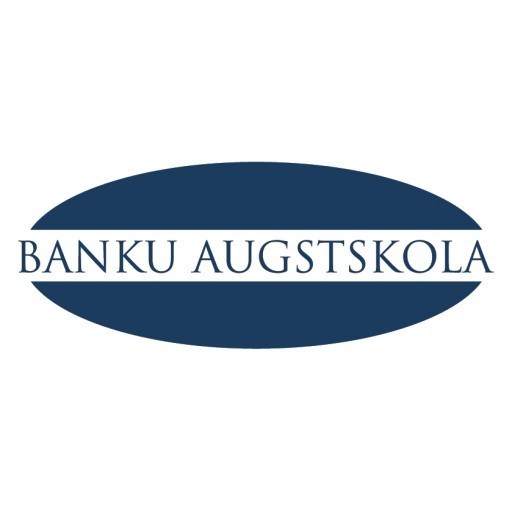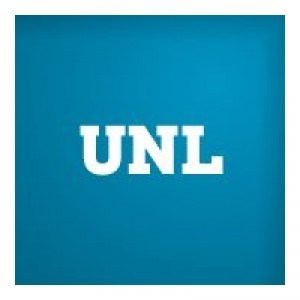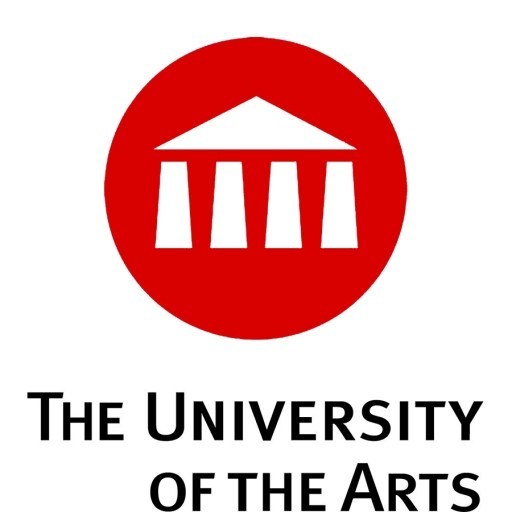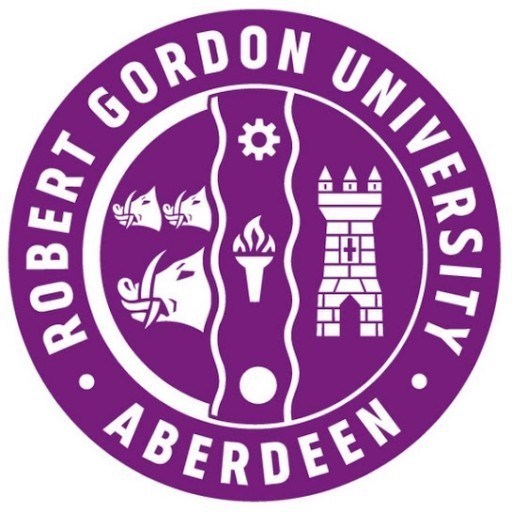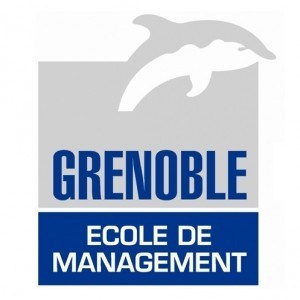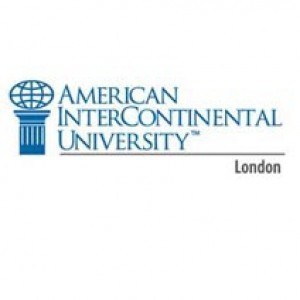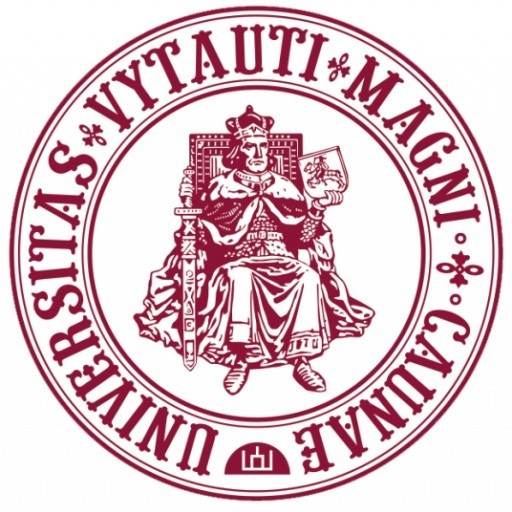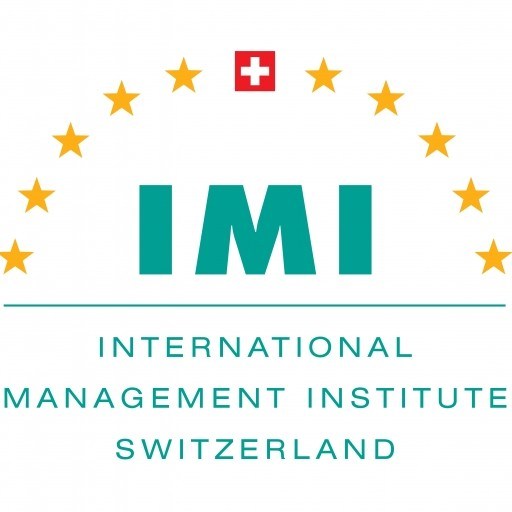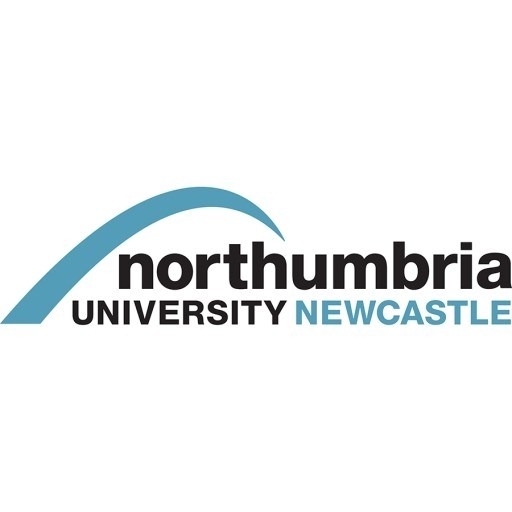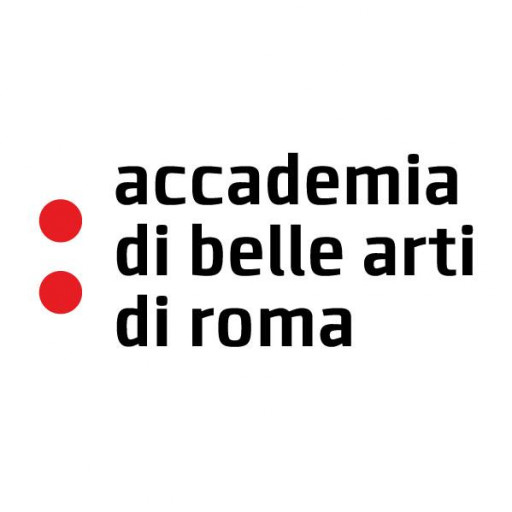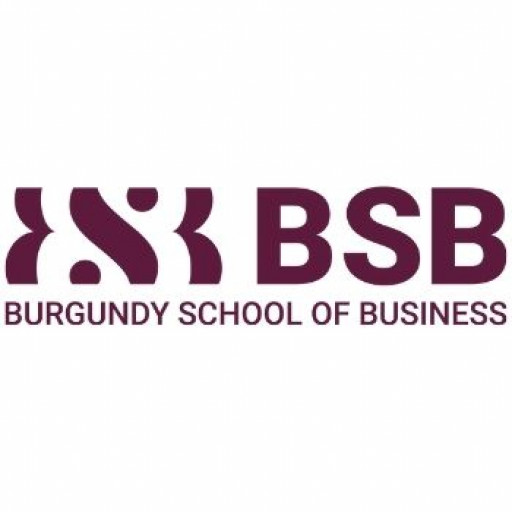Fashion degree is rather young, but popular education path. It is the best choice for those who wish to start their career in the world of fashion, bur is not quite sure, which profession would they like to choose. A fashion world is diverse, but skills developed by a degree in Fashion, Textiles and Luxury Goods will be useful in any profession. Fashion can either be taught as academic or non-academic disciplines, so students can receive short-term education or complete classic three-level education system - it depends on their needs and interests.

Those who are certain about their destiny in the fashion world may be interested in more specific education. For example, future models may find a school in a model agency.
Structure of Fashion, Textiles and Luxury Goods study programs
All study programs in Fashion studies are different; the curricula varies of the specialization. Some programs, for example, make emphasis in the creation of clothes, some focus on the fashion photography. Some programs are more practical, some are more theoretical and dedicated to history of fashion or philosophy of design.
Besides specific applies courses, Fashion, Textile and Luxury Goods students can undertake more basic courses such as aesthetics, history of design, management and many others. Basic courses are usually available during the first years of study, during last years students usually focus on their specialization and work portfolio, which is necessary for education in Fashion area.
Creativity development is an important part of every study program in Fashion, Textile and Luxury Goods. That is why students should take practical courses in sketching, sewing or accessories making. Some universities also help students with internships or part-time work placements in fashion sector and/or encourage them to spend a year abroad.
Entry requirements
Those who wish to apply for a Fashion, Textiles and Luxury Goods undergraduate study program in a strong foreign university need obviously to have high overall GPA scores. Universities often ask for an art portfolio with sketches and concept arts. Applicants sometimes also need to pass an interview with university staff, in which they must explain their motivation for admission and the ideas they are going to implement with the help of education in the field of Fashion, Textiles and Luxury Goods studies. Entry requirements vary from university to university, from country to country.
Since most study programs in Fashion, Textiles and Luxury Goods are taught in English, language proficiency is mandatory. Applicants whose native language is other from English should prove their language skills with results of TOEFL, IELTS or other equivalent certificate. Sometimes, when study program is run by two or more universities in different countries, students may need to know the language of hosting countries, but it is rarely a mandatory requirement.







